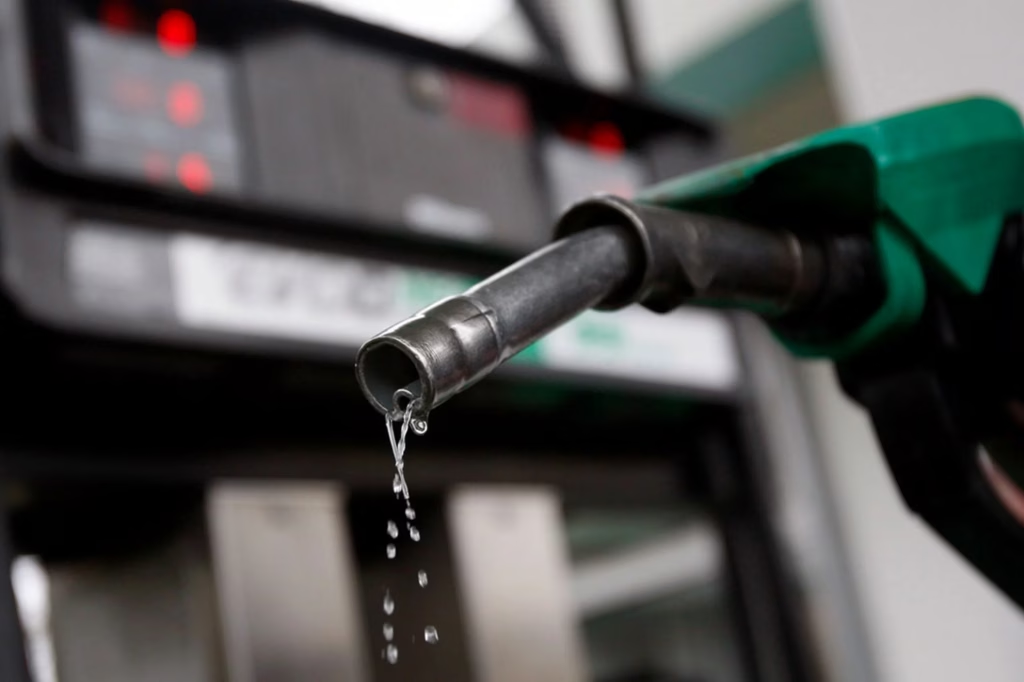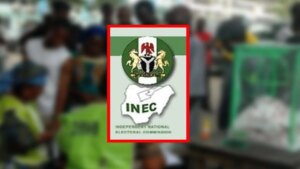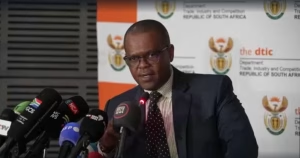Nigerian consumers are grappling with a sharp rise in fuel costs as pump prices for petrol, locally called Premium Motor Spirit, approach ₦1,000 ($0.67) per liter, sparking a blame game among industry stakeholders. State-owned Nigerian National Petroleum Company Limited (NNPCL) outlets initiated the latest hike, increasing prices by ₦65 ($0.04) to ₦955 ($0.64) per liter in Abuja, Nasarawa, and Kogi states this week. This follows weekend adjustments by independent retailers, including Ranoil and AA Rano, which raised rates to between ₦950 and ₦971 ($0.63–$0.65) in the capital city.
The surge comes despite a dip in global oil benchmarks, with Brent crude and West Texas Intermediate trading at $68.70 and $66.24 per barrel, respectively. Analysts note the disconnect highlights Nigeria’s reliance on imported fuel despite being Africa’s largest crude producer—a paradox exacerbated by underperforming domestic refineries and currency instability.
Two key industry groups offered diverging explanations. The Independent Petroleum Marketers Association of Nigeria (IPMAN) attributed the spike to foreign exchange volatility and rising depot costs. “Fuel prices went up due to forces of demand and supply in a deregulated market,” said IPMAN spokesperson Chinedu Ukadike, noting that depot operators and the recently operational Dangote Refinery had increased ex-depot prices. He cited Dangote’s Friday rate at ₦858 ($0.57) per liter, compared to ₦870 ($0.58) at NIPCO and ₦855 ($0.57) at Aiteo.
In contrast, Petroleum Products Retail Outlets Owners Association of Nigeria (PETROAN) president Billy Gillis-Harry criticized pricing practices at the $19 billion Dangote facility, Africa’s largest refinery. “We should be looking at proper fuel pricing because what Dangote Refinery is doing is not proper pricing,” he stated, without elaborating on specific figures. The refinery, which began diesel production in March and gasoline in May, imports most of its crude due to delays in securing domestic feedstock.
Economists warn the price surge—coming just two months after the government ended fuel subsidies—threatens to exacerbate inflation, already at a 28-year high of 33.95%. Transport unions have signaled impending fare increases, while households face mounting pressure from overlapping energy and food crises.
Market observers note that Nigeria’s deregulation policy, designed to stabilize supply through market-driven pricing, has instead exposed consumers to global and local volatility. With the naira losing 70% of its value since mid-2023 and insufficient refining capacity, analysts predict sustained price turbulence until domestic production scales effectively.






